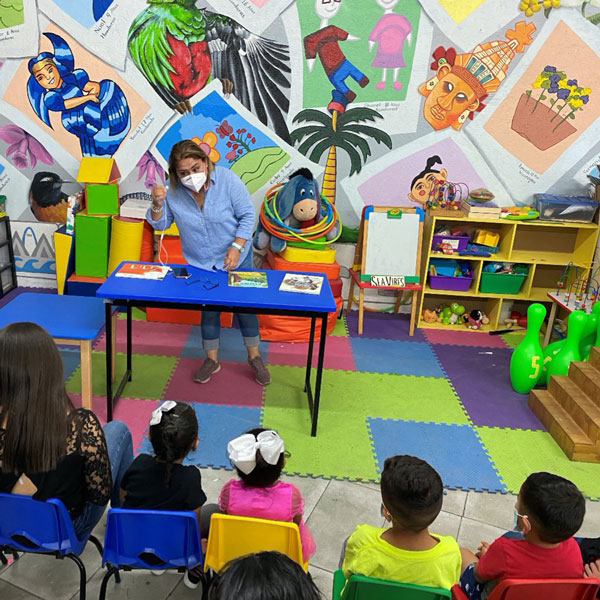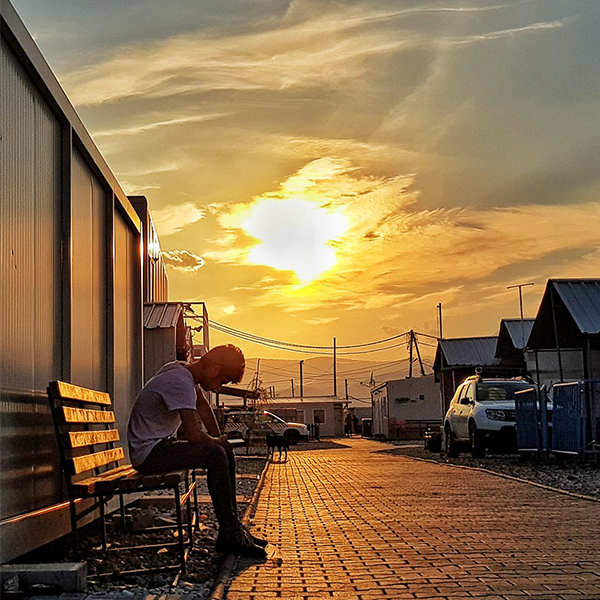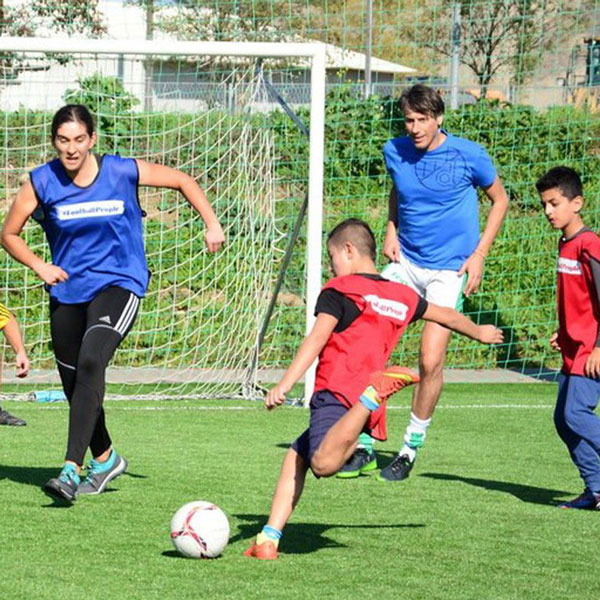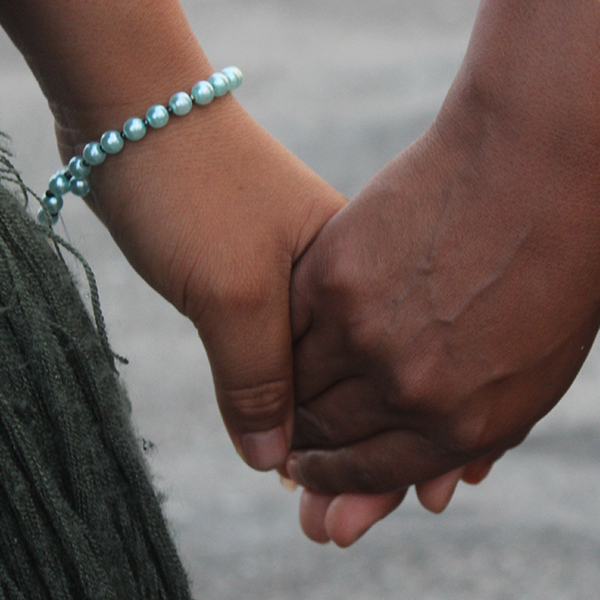The Centre for Peace Studies in Zagreb has faced intimidation and threats for defending the rights of migrants and refugees. This hasn’t stopped the organization from providing vital support.
In 2017, the Centre for Peace Studies (CPS) began accompanying refugees to police stations in Croatia to request asylum because they were afraid to go alone.
A few weeks later, CPS staff and volunteers started receiving threats from the police on social media and in public, said CPS project coordinator Maddalena Avon. In addition to accompanying asylum seekers, CPS had also denounced human rights violations perpetrated by government officials, including pushing migrants and refugees back into neighboring countries.
The intimidation campaign didn’t stop with the threats. On one occasion, Maddalena said, police arrived at the homes of some CPS staff members right before a press conference on a high-profile expulsion case and summoned them to a police interview. Then, in 2018, Croatia’s Ministry of the Interior denied CPS access to reception centers for asylum seekers.
“It’s a direct endangerment of our work and the freedom of speech we all have and the vocation we have as human rights defenders,” Maddalena said.
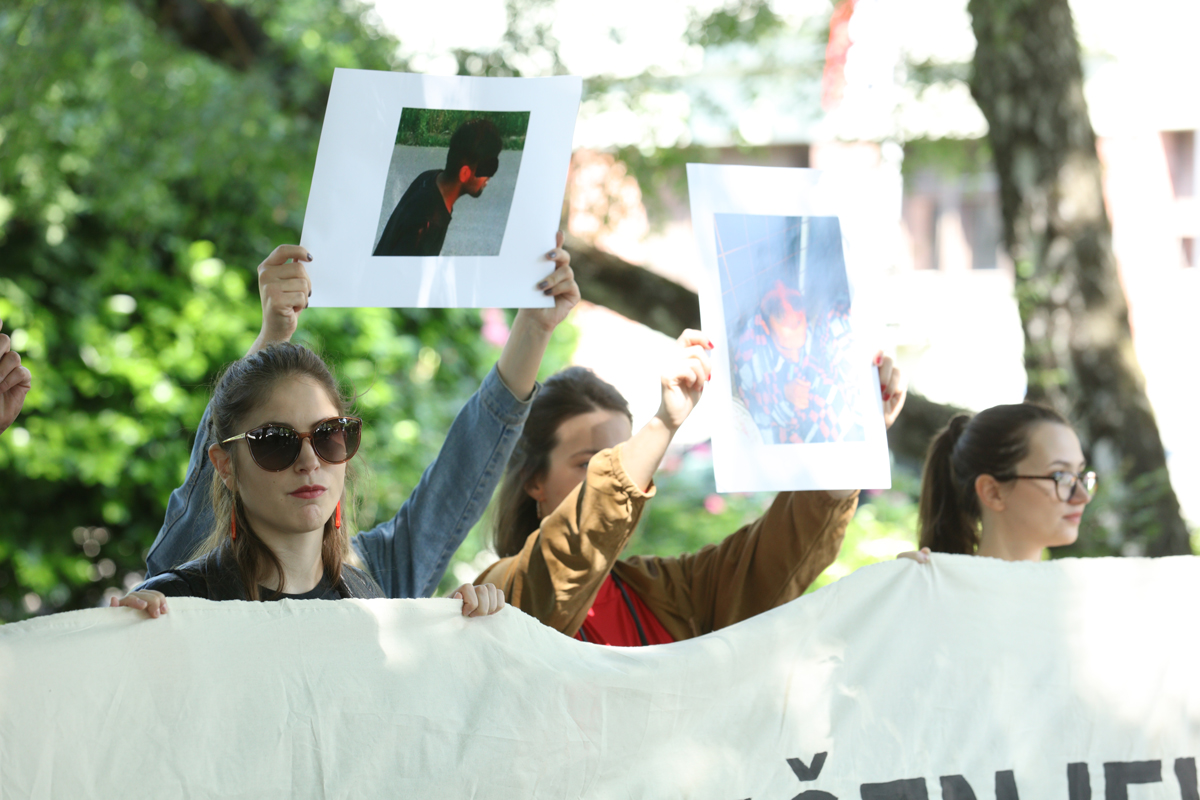
But the threats and intimidation haven’t stopped CPS. The Zagreb-based organization, which grew out of grassroots peace-building efforts in the 1990s, has been helping refugees in Croatia for more than a decade and has no plans to stop.
In recent years, thousands of migrants and refugees fleeing war and a lack of economic opportunities in Afghanistan, Iraq, Syria, and other countries have arrived in Greece by boat. Many travel through North Macedonia and Serbia to reach Croatia, which is part of the European Union. They include families with small children and unaccompanied minors.
CPS provides a wide range of services for migrants and refugees, including social support, legal aid, and community integration activities. This GFC partner also advocates for better migration laws and policies, including improving the access of young people to safe shelters and quality education.
With the help of volunteers, CPS provides language classes, as well as a program to introduce migrants and refugees to Croatian political and social systems and to their rights.
Empowering migrants and refugees to learn about their rights is especially important because many have reported police violence when they try to enter Croatia, illegal expulsions, and being denied access to the asylum system.
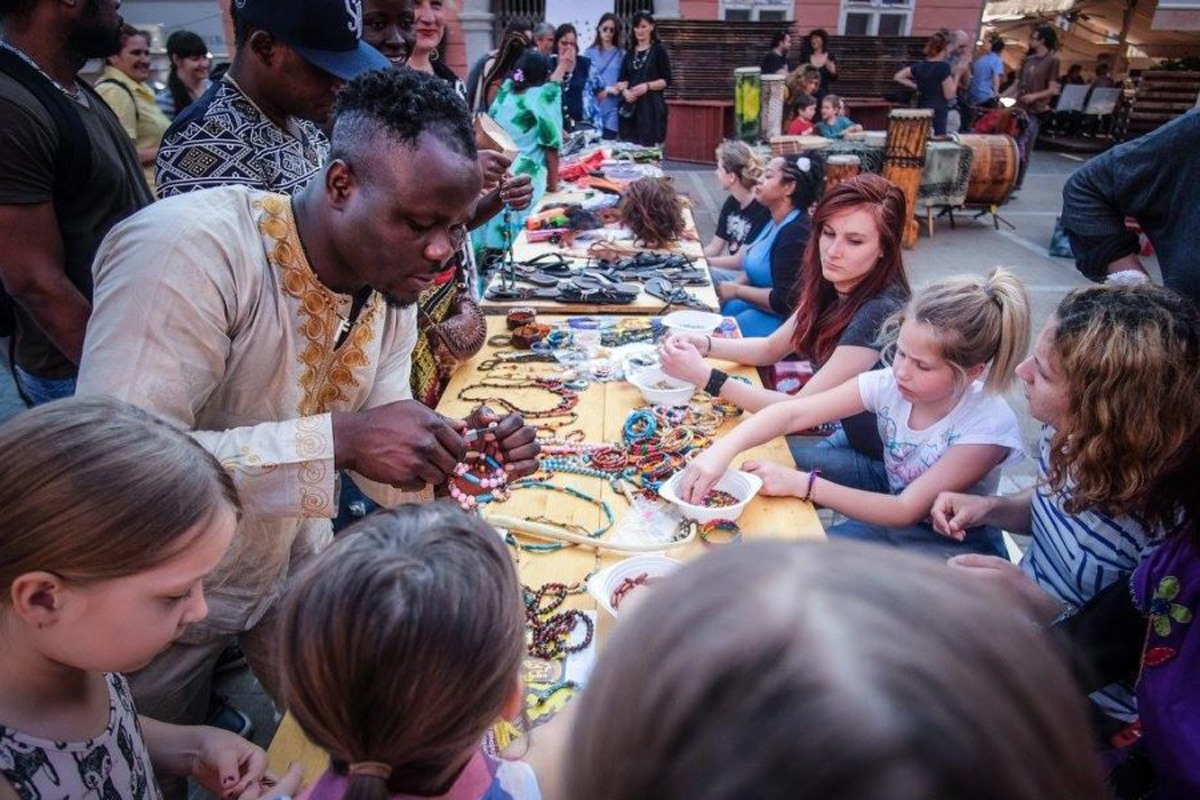
Language barriers, unfamiliarity with the Croatian legal system, and a lack of independent investigations in Croatia make it difficult for many migrants and refugees to seek justice, Maddalena said. But despite the obstacles, CPS has filed legal complaints on their behalf at the national level and with the European Court of Human Rights.
“It’s amazing that people have trust and energy to fight their injustice at a legal level, but a lack of transparent investigations is worrying,” Maddalena said. “We are really committed to bring on the cases until it will be possible to find justice.”
The past year and a half have brought new challenges, including an increase in police violence against migrants and refugees during the COVID-19 pandemic.
Zagreb was hit by an earthquake in March 2020 while residents were under lockdown, which created additional challenges during an already tough time. CPS responded to both crises by helping migrant and refugee children and families meet their basic needs through food vouchers, rent assistance, and other emergency support.
Migrants and refugees have also been left in limbo. CPS has supported asylum seekers whose applications have been denied and who have been barred from the asylum reception centers but have been unable to leave Croatia due to the pandemic.
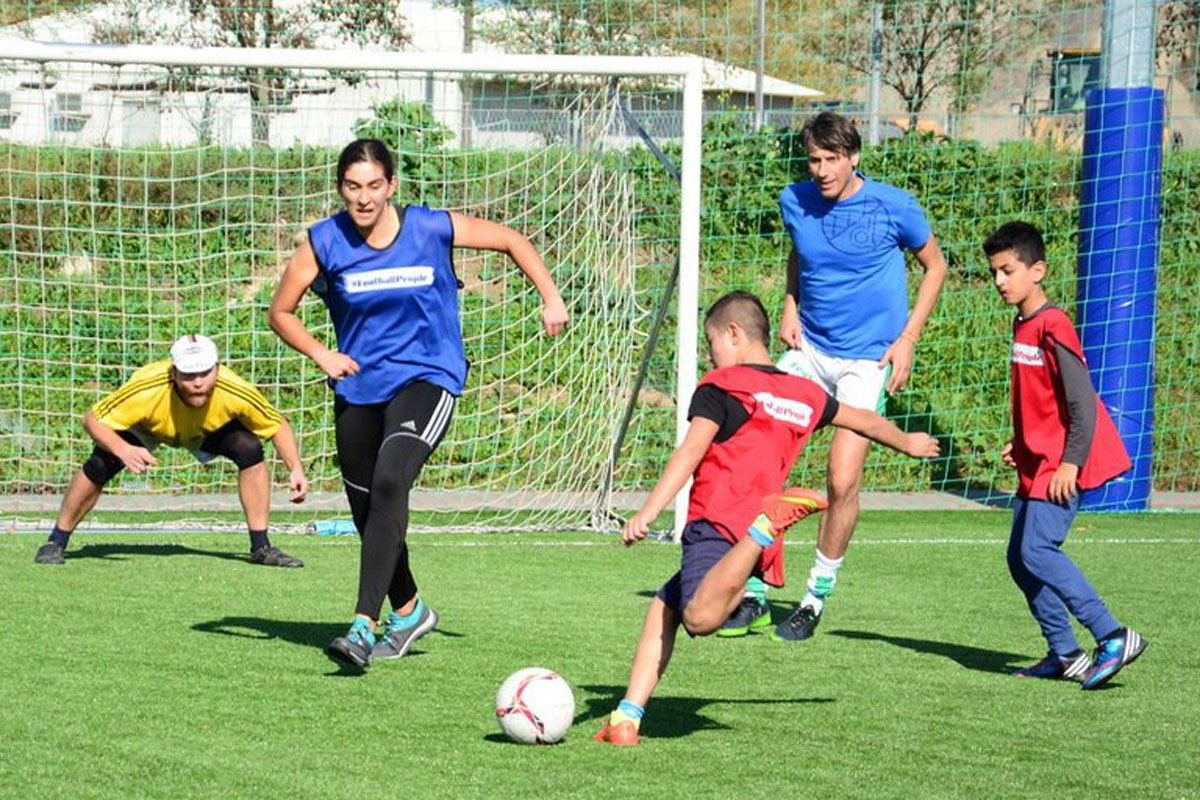
Witnessing injustice every day can be challenging, Maddalena said. “Working on these topics, it’s really emotionally tiring and also politically frustrating sometimes,” she said. But collaborating with other activists reminds her that she’s not alone.
CPS is part of an informal network of organizations in Croatia called Coordination for Integration that work together to ensure the needs of migrants and refugees are met.
Joining GFC’s Reducing Violence Against Migrant Children in Southeast Europe initiative – which supports work with child migrants and refugees in Croatia, North Macedonia, and Serbia – has also helped CPS strengthen its connections to other organizations in the region.
“For us, it’s of great importance that GFC is giving us the chance to work on transborder cooperation,” Maddalena said. “Each of us does amazing work in our own community, but sometimes without the capacity to sit back, see the wider picture, and say, ‘okay, actually we could make this better and grander together.’”
“We all work on similar topics,” she added, “and it’s just a question of how to organize together to arrive to more communities.”
The Reducing Violence Against Migrant Children in Southeast Europe initiative is a partnership between the Swedish Postcode Foundation and GFC. This two-year initiative supports four community-based organizations that are increasing protections for migrant children and youth and promoting tolerance in transit and host countries.
Header photo: CPS hosts community integration activities, such as shared meals, for migrants and refugees. © CPS
